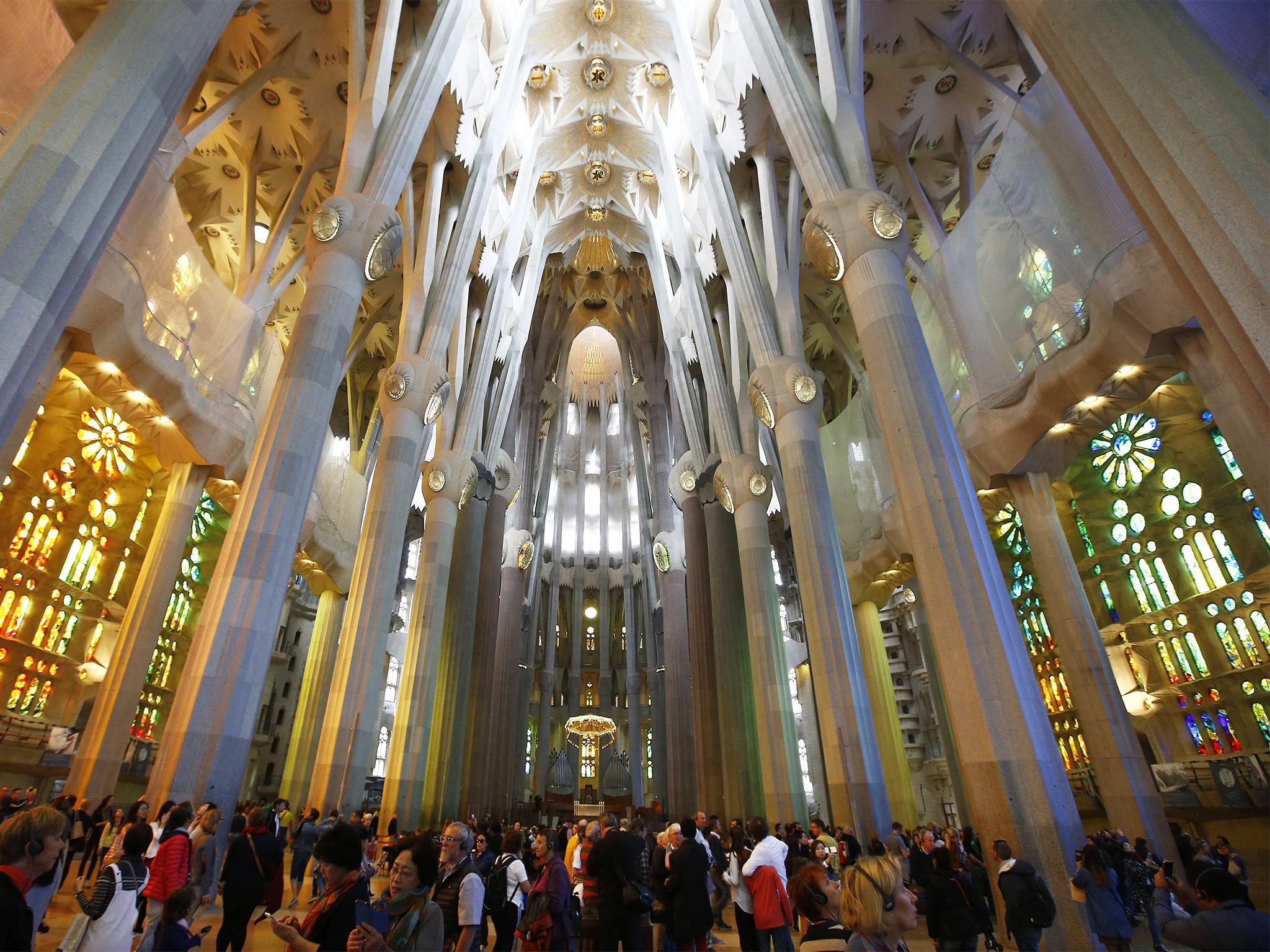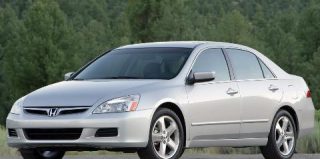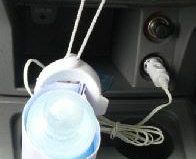WSOP final table not foreign to Belgium’s Kenny Hallaert A November tour to Las Vegas for the final table of the World Series of Poker`s $Ten,000 buy-in No-limit Texas Hold `em World Championship is kicking off to become routine for Kenny Hallaert. A November excursion to Las Vegas for the final table of the World […]
Toyota’s Experimental Fuel Cell Big Equipment Does 0-60 Quicker Than a BMW 2002
This hydrogen-powered big equipment makes six hundred seventy horses and one thousand three hundred twenty five lb-ft of torque, and it smokes the diesel-burning competition.
Toyota has secretly been working on an ambitious project to build a zero-emission Class eight truck to substitute diesel-powered big-rigs. Dubbed “Project Portal,” the experiment fits a fuel cell drivetrain derived from Toyota production cars into a modified Kenworth T660 chassis to test hydrogen’s viability in heavy-duty applications.
In the process, Toyota made a high spectacle screamer that blows away the diesel-powered competition.
John O’Dell over at Trucks.com has the off the hook, behind-the-scenes story of Toyota’s quest to build a fuel cell big-rig. The entire thing is an excellent read, exposing how Toyota managed to build this fuel cell-powered equipment in harshly seven months, using two fuel cell stacks sourced from the production Toyota Mirai to power a custom-designed electrified motor cranking out six hundred seventy horsepower and one thousand three hundred twenty five lb-ft of torque.
But it’s the truck’s spectacle that truly blew our minds. Trucks.com reports that the 21,970-lb. Project Portal truck can accelerate from twenty five to fifty five miles per hour in just 6.Three seconds. Even better, a Toyota spokesperson tells Road & Track that the unladen equipment can sprint from a stop to sixty mph in toughly ten seconds.
That means the Toyota big equipment would run neck-and-neck in a stoplight haul race against a bone-stock one thousand nine hundred seventy BMW 2002—though the more powerful two thousand two tii, with its 9.0-second 0-60, would trounce the Class eight truck.
Still, that’s shocking acceleration from a vehicle that tips the scales at almost eleven tons before you hitch up the trailer. And as Toyota illustrates with movie evidence, it absolutely runs away from a conventional big-rig pulling an identical, empty trailer from a standing begin.
Toyota announced today that the Project Portal big equipment will take part in a feasibility probe coordinated with the California Air Resources Board, the California Energy Commission, and the Port of Los Angeles. The zero-emissions truck will be used to conduct “port drayage,” or short-distance cargo hauling, testing the equipment’s durability and spectacle while hauling almost 60,000 lbs of cargo. Toyota says that, under these use conditions, the equipment has an estimated driving range of more than two hundred miles per fill-up, consuming forty kilograms of compressed hydrogen in the process.
Toyota – s Experimental Fuel Cell Big Equipment Does 0-60 Quicker Than a BMW two thousand two
Toyota’s Experimental Fuel Cell Big Equipment Does 0-60 Quicker Than a BMW 2002
This hydrogen-powered big equipment makes six hundred seventy horses and one thousand three hundred twenty five lb-ft of torque, and it smokes the diesel-burning competition.
Toyota has secretly been working on an ambitious project to build a zero-emission Class eight truck to substitute diesel-powered big-rigs. Dubbed “Project Portal,” the experiment fits a fuel cell drivetrain derived from Toyota production cars into a modified Kenworth T660 chassis to test hydrogen’s viability in heavy-duty applications.
In the process, Toyota made a high spectacle screamer that blows away the diesel-powered competition.
John O’Dell over at Trucks.com has the special, behind-the-scenes story of Toyota’s quest to build a fuel cell big-rig. The entire thing is an excellent read, exposing how Toyota managed to build this fuel cell-powered equipment in harshly seven months, using two fuel cell stacks sourced from the production Toyota Mirai to power a custom-designed electrified motor cranking out six hundred seventy horsepower and one thousand three hundred twenty five lb-ft of torque.
But it’s the truck’s spectacle that indeed blew our minds. Trucks.com reports that the 21,970-lb. Project Portal truck can accelerate from twenty five to fifty five miles per hour in just 6.Trio seconds. Even better, a Toyota spokesperson tells Road & Track that the unladen equipment can sprint from a stop to sixty mph in toughly ten seconds.
That means the Toyota big equipment would run neck-and-neck in a stoplight haul race against a bone-stock one thousand nine hundred seventy BMW 2002—though the more powerful two thousand two tii, with its 9.0-second 0-60, would trounce the Class eight truck.
Still, that’s shocking acceleration from a vehicle that tips the scales at almost eleven tons before you hitch up the trailer. And as Toyota illustrates with movie evidence, it absolutely runs away from a conventional big-rig pulling an identical, empty trailer from a standing begin.
Toyota announced today that the Project Portal big equipment will take part in a feasibility explore coordinated with the California Air Resources Board, the California Energy Commission, and the Port of Los Angeles. The zero-emissions truck will be used to conduct “port drayage,” or short-distance cargo hauling, testing the equipment’s durability and spectacle while hauling almost 60,000 lbs of cargo. Toyota says that, under these use conditions, the equipment has an estimated driving range of more than two hundred miles per fill-up, consuming forty kilograms of compressed hydrogen in the process.



